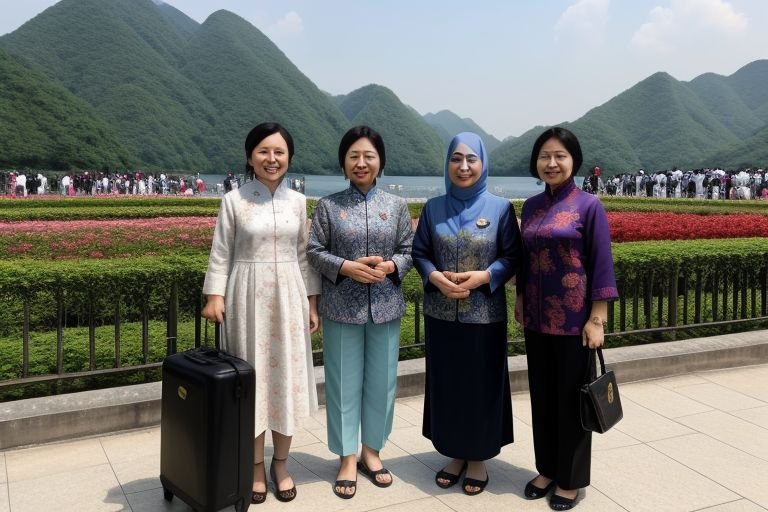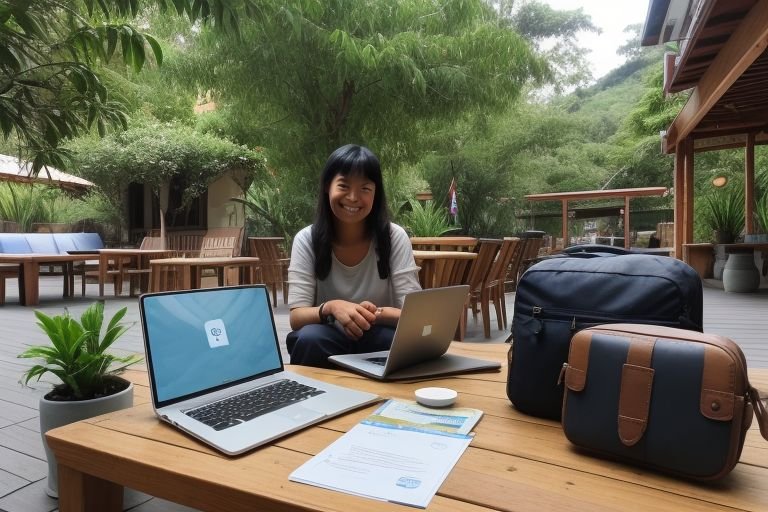This comes as a boost to Malaysia’s holiday industry after 200 incentive travellers from JD.com –China’s largest online retailer – arrived in the country preparatory to the assessment of its top tourist attractions. This visit, welcomed by Tourism Malaysia, remaines a strategic move in consolidating cooperation in tourism between the two countries, and especially China, which is one of the biggest sources of international tourist arrivals to Malaysia.
The entry of the JD.com group is in tune with plans by Tourism Malaysia to effectively penetrate the cash-rich Chinese outbound tourism market. China has been identified as one of Malaysia’s largest source markets hence the strategy of targeting a country with a large population and with a rising middle income earner who will prefer traveling outside their country. The current visit by such a high profile Chinese firm is expected to trigger others, of which millions of the Chinese populace may be affected by JD ‘s online presence.
While in Malaysia, the JD.com delegation will be visiting several regions within the country sampling the best that Malaysia has to offer. The schedule is not too tight and involves tourist fascinating places, like the twin towers of Kuala Lumpur and the Chinese quarter with several streets with various food markets. The group will also visit a historical city of Malacca which has cultural and traditional Tasik Peranakan food.
In addition to products depicting urban life, the tour shall also feature nature destinations the country has to offer. They will be able to make a trip to Taman Negara, which is one of the oldest rain forests in the world with a chance of taking time to enjoy the virgin beaches of Langkawi. These exposure are structured in such a way as to portray Malaysia as destination that is versatile to suit different forms of tourist interests.
It is most appropriate that this visit is occurring at this time as Malaysia is seeking to rebrand its tourism industry as the world copes with the after-effects of COVID-19. At the same time, it has been trying hard to market itself as a safe tourist destination for the global tourists. The visibility of the JD.com group is all the more a testimony to these efforts and the increasing optimism about Malaysia for travel and tourism.
Tourism Malaysia has been optimistic about this visit, saying that the potential visit would be one which would create brand ambassadors for the Malaysian tourism industry. The participants – many of whom hold important positions within JD.com and its extensive community – are likely to feature their stories on leading Chinese social media and inform their circle, and potentially millions of PCTs.
The visit also fits Malaysian economic plan to regionalism more diverse tourism and establish the kind of tourist with value. Out of all types of travel entreprises, incentive travel segment, which belongs to JD.com group, is more profitable; they usually stay longer and spend more money than leisure tourists. This is typical with the new approach by Malaysian government to ensure that the tourism industry is more profitable with an emphasis on quality rather than quantity.
As for the JD.com group arrival, Tourism Malaysia has worked with various tourism players such as local tour guides, hotels and tourist sites so as to make their visit memorable. This is also evident in the aspect of cultural sensitivity, such as offering Tour guides who speak the Mandarin language and Chinese food which the Chinese visitors prefer.
The visit is also expected to have social benefits on the retail business in Malaysia. JD.com being one of the largest e-commerce platforms in China has a huge impact on consumers’ behaviour. Direct observation is the live exposure of JD.com’s representatives in Malaysia, which could eventually result in that improvement of Malaysian products’ popularity among Chinese consumer, giving a birth to new export prospects.
Moreover, it can be mentioned that this is not the unique project of the cooperation of Malaysian tourist agencies and large foreign companies. It is considered that today such forms of cooperation are essential in the context of ongoing intense tourism competition and evolving key marketing strategies based on the utilization of the corporations’ and technology channels targeting the potential tourists.
For instance, success of this visit might pave the path to carry out similar program with those strategic players not only from china but also from other important markets. Tourism Malaysia has suggested similar intentionsality to apply this model of hosting corporate incentive groups made up of businessmen viewing the country’s diverse appeals as a good opportunity for the establishment of business relations.
As the JD.com group moves around Malaysia now, everybody in the tourism sector is crossing their fingers hoping that this visit is the beginning of something bigger for the tourism industry between Malaysia and China. It is obvious that the subject potential gains do not fall only within the context of income that will be accrued from tourism but will also cover long-term cultural interchange, business promote and mutual relations between Malaysia and Indonesia.




















+ There are no comments
Add yours